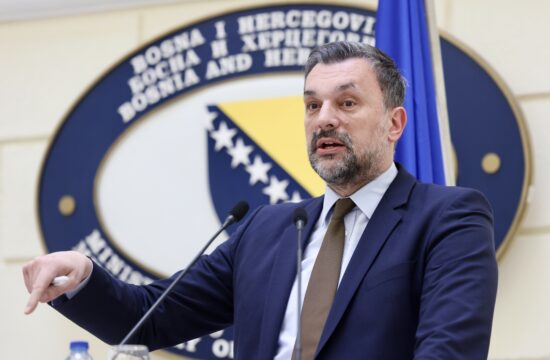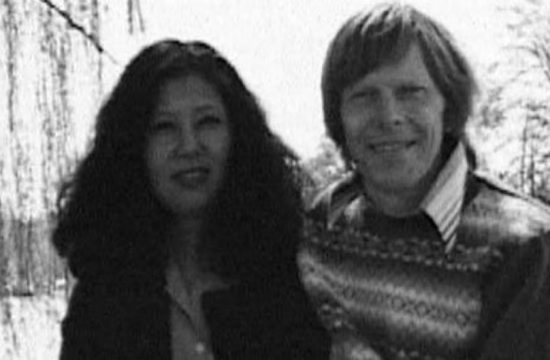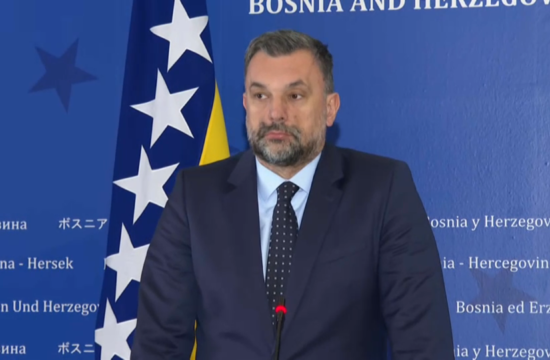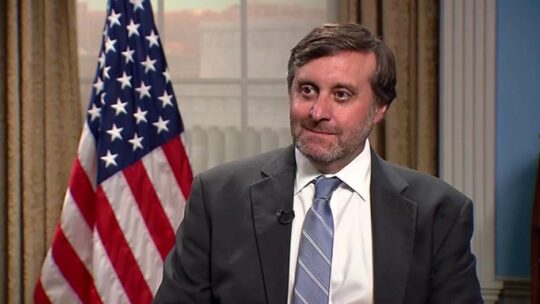
One of Radovan Karadzic’s lawyers told N1 on the eve of the pronouncement of the second instance verdict against the former Bosnian Serb leader on war crimes that it does not necessarily have to be the final verdict as both the defence as well as the prosecution have appealed.
“We don’t know what it will be. We expect the second instance court to decide on appeals by the prosecutor and the defence,” said Goran Petronijevic, whose client was sentenced by the UNInternatoanal tribunal in 2016 to 40 years in prison for crimes committed during Bosnia’s 1992-95 war.
Petronijevic described the trial against Karadzic as “unjust,” saying that prosecutors have breached a number of rules when revealing evidence.
Karadzic himself is not thinking about the final verdict, but is, as always, putting together evidence that the defence did not have during the process, according to the lawyer.
“He (Karadzic) is expecting the verdict as an inevitable part of the process and he is not thinking about what it will be,” Petronijevic said.
The lawyer said that the Hague judicial council had an “unusually soft stance” towards the Prosecutor’s Office and its “immense breaching of rules in revealing evidence.”
The Prosecutor’s Office never proved any of the charges against Karadzic beyond a reasonable doubt, he said, explaining that “this is what we insist and base our optimism on.”
“Whether there are indications, certain pieces of evidence which go into the direction of confirming the indictment, that is another thing,” he explained.
“If that fact about the evidence is not consolidated beyond a level of reasonable doubt, then there can be no establishment of guilt,” he said.
Karadzic’s trial began in 2009 and lasted for 499 days. The court heard the testimonies of 586 witnesses, BIRN reported.
The former Bosnian Serb leader was indicted by the ICTY on July 25, 1995.
Karadzic spent in hiding until he was caught in Belgrade in 2008 and extradited to the UN tribunal.
Karadzic was sentenced to 40 years behind bars after he was in 2016 found guilty of the Srebrenica genocide, the expulsion and eradication of Croats and Bosniaks from 20 municipalities across Bosnia and Herzegovina, involvement in the terrorising of civilians in occupied besieged Sarajevo and taking UN peacekeepers hostage.
The process is “highly complex” and important for several reasons, IRMCT spokesperson, Helena Eggleston, told N1.
“It refers to the entire duration of the war in Bosnia and Herzegovina, from 1992 to 1995, and it accuses one of the highest-ranked persons in the leadership of the Bosnian Serbs at that time,” she said, adding there was a huge public interest in the verdict and that more than 250 representatives of the media, victims associations and diplomats will be following it.






